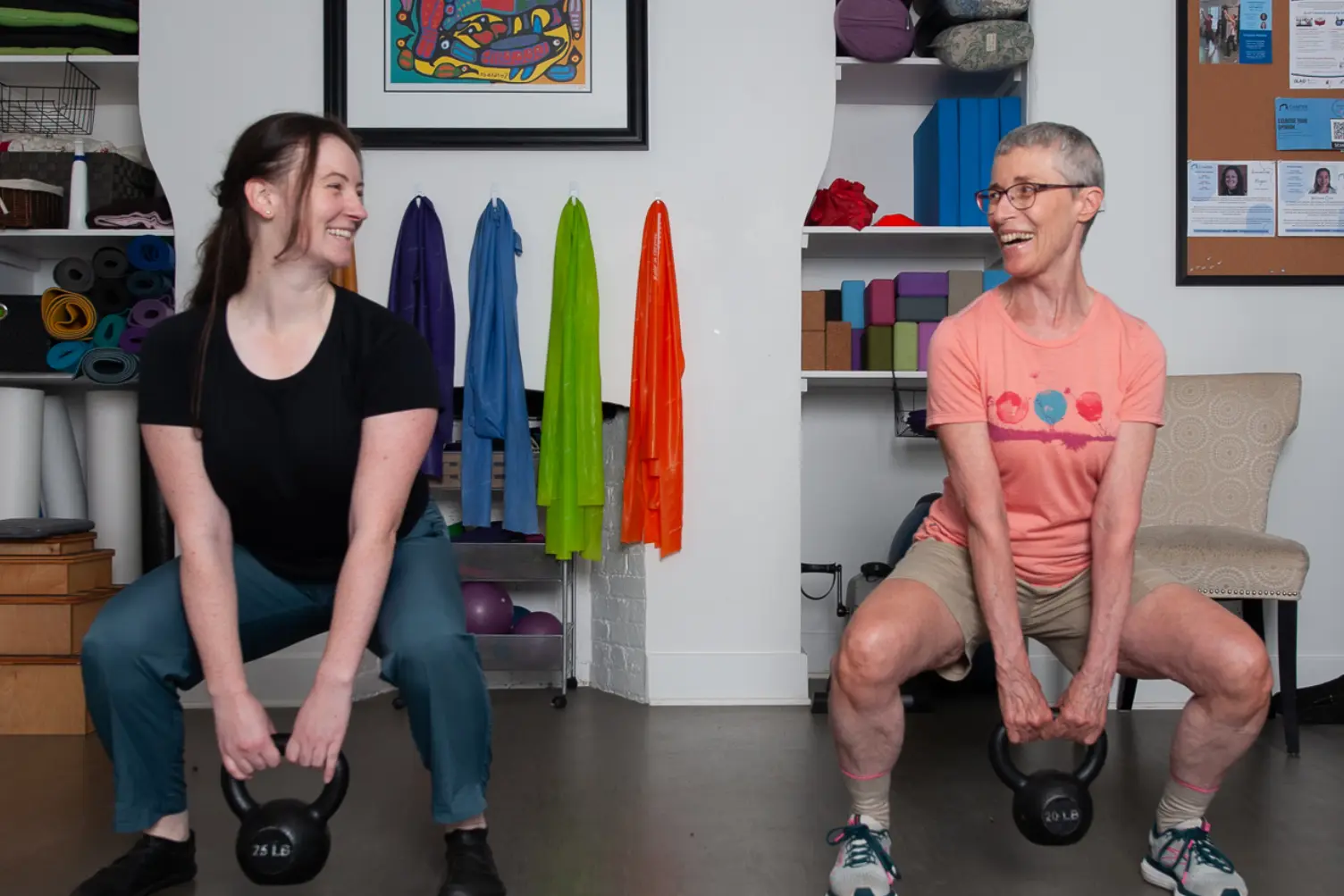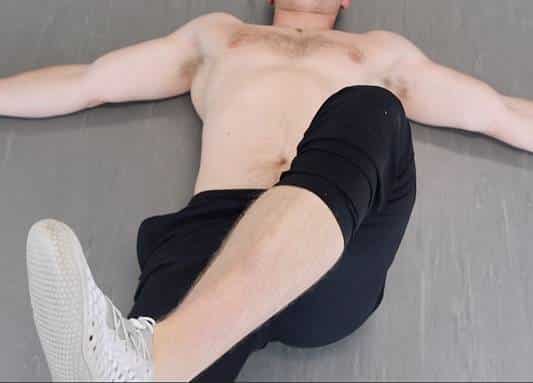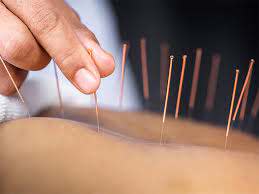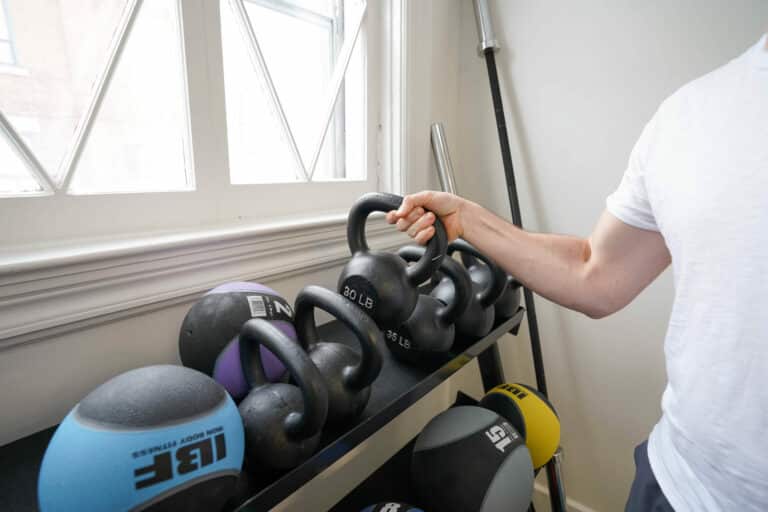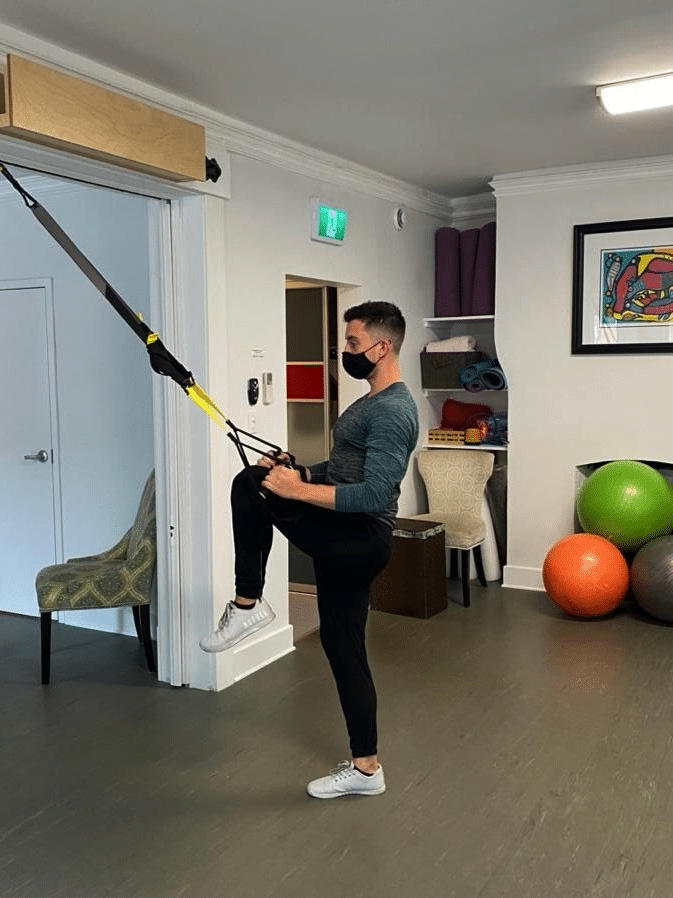Rahim Khoja has been a registered physiotherapist for 13 years, working with car accidents and a variety of sports teams including rugby, football and hockey to treat concussion injuries. He answers some common questions about concussions, how they are diagnosed and what treatment looks like.
What is a concussion?
A concussion is a traumatic brain injury induced by biomechanical forces. There are several common features including being caused either by a direct blow to the head, face, neck or elsewhere on the body with an impulsive force transmitted to the head.
Concussions typically result in impaired neurological function that can resolve spontaneously or in some cases, signs and symptoms evolve over a number of minutes to hours. Resolution generally follows a recovery sequence however, recovery stages can be prolonged.
How is a concussion diagnosed?
Unfortunately, no abnormality is seen on standard structural neuroimaging studies so diagnosis is largely based on symptoms. There is a large range of clinical signs and symptoms that may or may not involve loss of consciousness. Most often, these symptoms include headache, dizziness, nausea, light or sound hypersensitivity, etc.
What does treatment involve?
The most common treatment observed to decrease symptoms is rest. However, there is no evidence in research to support resting more than 24-48 hours. The exact amount of rest is not standardized in all cases.
Gradual and progressive return to activity while staying below the physical and cognitive impairment level is recommended.
My approach to treatment is based on an assessment of individualized specific medical, physical and psychosocial factors. Examples of physiotherapy treatment that we provide includes addressing the resulting cervical spine (joint or muscle injury affecting input to the brain) and vestibular dysfunctions (balance, eye coordination, etc).
Also important is an individualized symptom-limited aerobic exercise programme, desensitization exercises for aggravating stimulus and guidance for return to sport/activity.
If you already have an existing concussion injury and need more information about treatment, please contact us. If you’d like to read more about Rahim and his education and experience you can visit his bio here!

